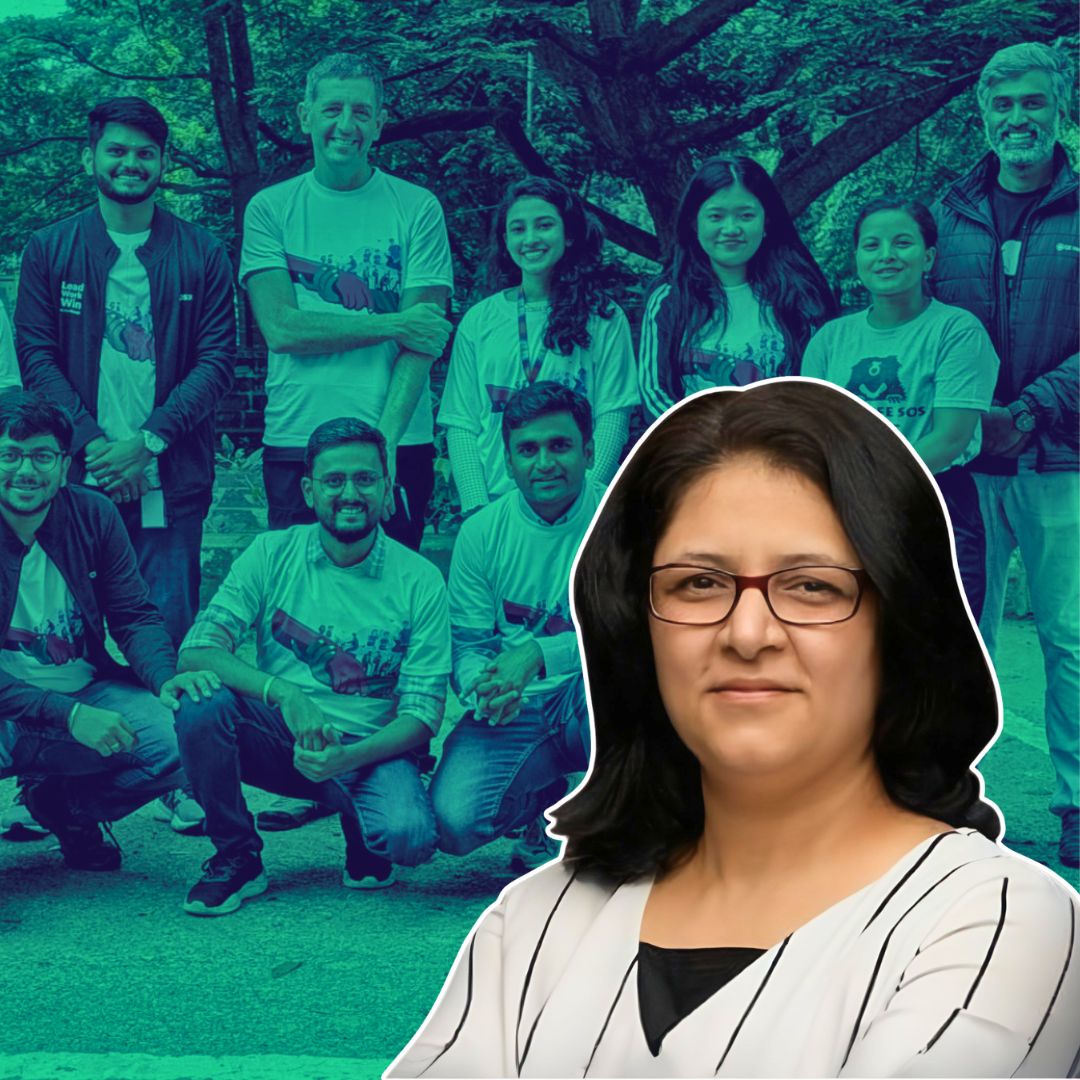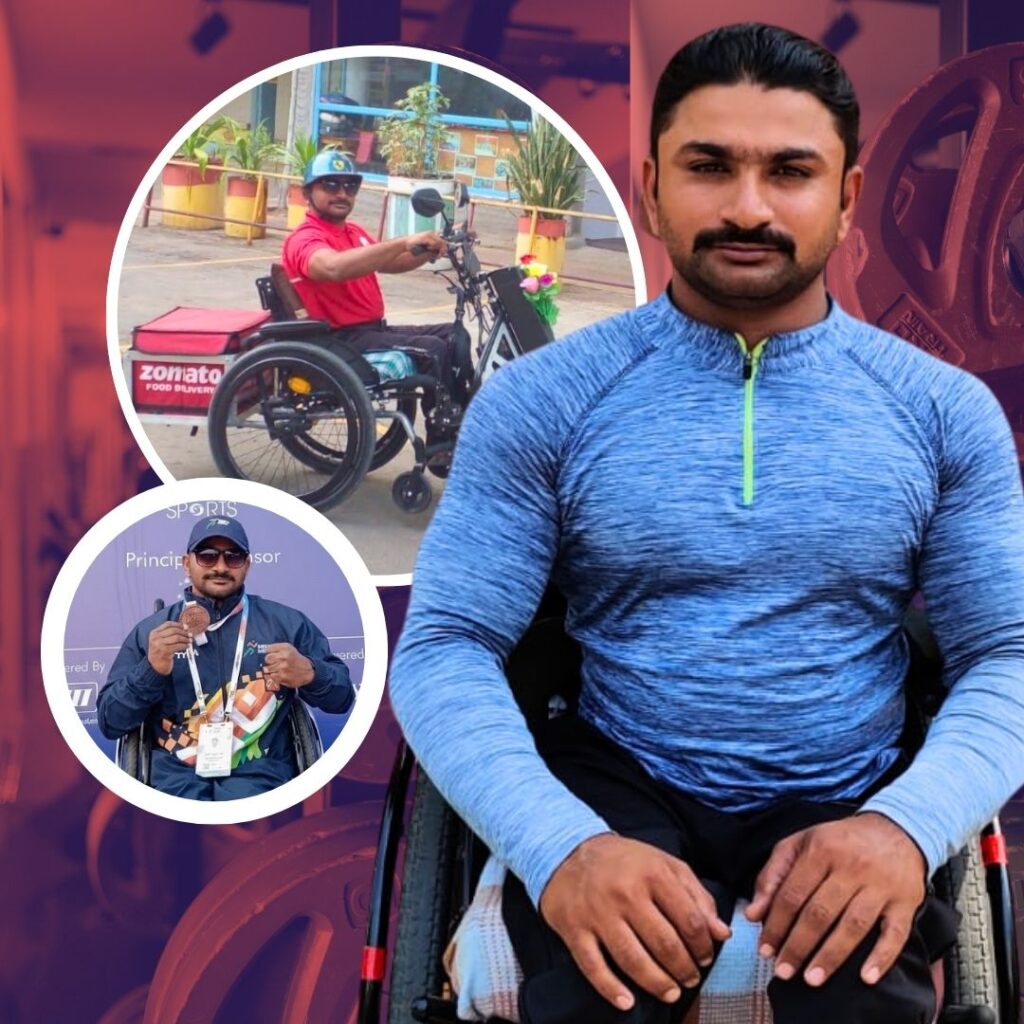Sakina Baker’s path from corporate boardrooms to rural grassroots reveals a relentless pursuit of community-led transformation. Unlike many CSR executives, her journey stands out for its consistency in bridging the world of business discipline and social empathy, refusing ever to let process outweigh people.
When Baker assumed charge as Head of CSR at Bosch Limited and Bosch India Foundation, she brought a vision that challenged conventions: the community must always be the co-author, never the subject, of social change.
Her philosophy was not formed in isolation; it grew out of years at companies like Philips and Fortis Healthcare, where she learned that sustainability results only when solutions emerge from local realities and dialogue, not from pre-decided plans or institutional mandates.
“Corporations should not decide anything for the community without the community,” she states, summarising her method consult, listen, and act based on real needs, not just presumed deficits.
From the outset, Baker recognised that India’s scale and diversity mean one-size-fits-all answers neither work nor last. Her projects at Bosch reflect this: water plants tailored for water-scarce Jaipur neighbourhoods, lake rejuvenation in Bidadi designed with local farmers and women-led self-help groups, and health campaigns iterated on the feedback of schoolteachers and local health workers.
Each initiative, whether building check dams in Nashik or deploying skill-development programmes, begins with an audit of what the people require, not what the company wants to deliver.
In Baker’s words, “Involving the community also makes the sustainability of the intervention more possible and adds responsibility to the community to maintain and sustain it”. Her story invites audiences into a world where leadership means inclusion, trust, and evidence not rhetoric.

Rooted in Partnership Co-Creating with Communities
Sakina Baker believes in participatory social interventions where real needs frame the action plan. At Bosch India, she has steered a culture where successful initiatives are built on deep listening and dialogue.
“The need of the community varies, and one solution/intervention may not be fit for all. Involving the community also makes the sustainability of the intervention more possible and adds responsibility to the community to maintain and sustain it,” she insists.
This approach is evidenced in Bosch’s flagship initiatives: the installation of 29 RO water plants in Jaipur, benefiting 10,000 families; building 14 check dams in Nashik; and rejuvenation projects like Shyanumangala Lake in Bidadi, Bengaluru.
Village development activities extend across more than 150 villages, involving women-led self-help groups (SHGs), health awareness modules, and farmer training all underpinned by grassroots consultation and partnership.
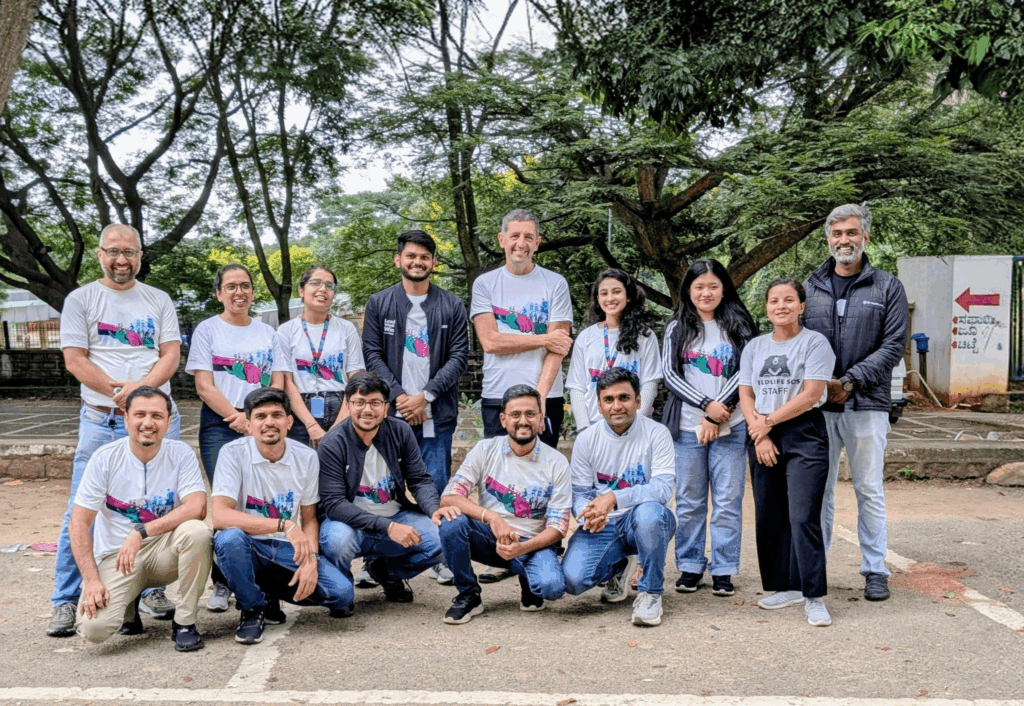
Skills, Health, and Education Aultrative Impact
A major facet of Baker’s tenure is the multidimensional reach of Bosch’s CSR: vocational skills, health and hygiene, education, and environment. Her signature programme, BRIDGE, addresses youth employability by delivering job-oriented skill training at over 600 centres, benefitting 40,000 youth since 2013.
Health programmes deploy child health and development campaigns, regularly benefiting over 70,000 students each year, with upgraded primary health centres providing quality care.
Integration with educational initiatives includes setting up science labs and digital learning modules for government schoolchildren, and daily mid-day meal support for more than 25,000 children in Bangalore.
“Our focus areas promote social development through need-based vocational training, health and hygiene, education, environment, and integrated village development,” she says, distilling her fact-based, results-driven ethos.
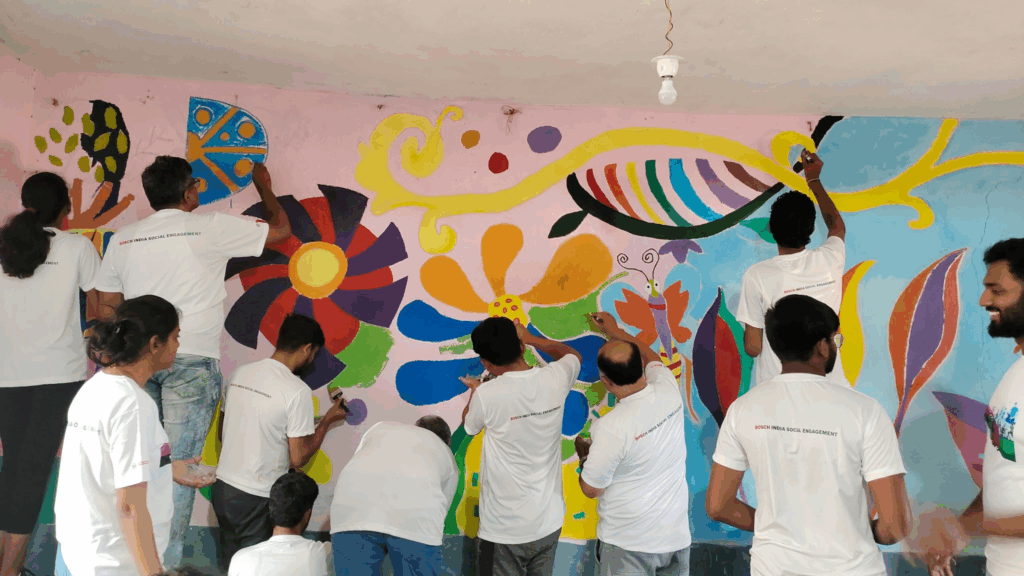
Rapid Response Leadership during the Pandemic
Sakina Baker’s stewardship was tested during the COVID-19 pandemic. The CSR division distributed 1.11 lakh relief kits, set up a Bosch manufacturing unit for 4 million face masks, refurbished 57 ventilators, and ensured the re-employment of over 12,000 migrant workers.
Further, training over 3,000 youth in paramedic skills and supporting 3,000 cataract surgeries for the elderly demonstrated a clear, quantitative commitment to public welfare. In Baker’s words: “During the crisis, our commitment was tested.
We ensured safe return and re-employment for more than 12,000 migrant workers, and pivoted quickly to meet urgent local needs.” This agility, she notes, was possible because of ongoing collaboration with government, NGOs, and local leaders.

Beyond Compliance Embedded, Sustainable CSR
At Bosch, CSR is not a matter of philanthropy alone but is woven into the company’s culture and codified at the board level. Baker’s work, alongside senior leadership, is guided by the principle that responsible corporate action should be both scalable and sustainable.
Programmes align with the United Nations Sustainable Development Goals (SDGs), particularly SDG 3 (Health), SDG 4 (Education), SDG 5 (Gender Equality), SDG 8 (Decent Work), and SDG 17 (Partnerships).
There is a formal CSR committee at the board overseeing both strategy and implementation, with Baker as Member Secretary, ensuring the projects are evaluated for long-term impact and synergy.
“The organization believes in implementing impact interventions based on the needs of the society, looking at long-term sustainability, the possibility of replicability, and scalability through collaboration,” she explains.
The Employee Factor Primavera and Volunteering
Beyond large-scale interventions, Bosch’s Primavera employee-driven initiative, which Baker oversees, focuses on supporting underprivileged children in slums, orphanages, and refugee centres.
Primavera has supported countless children with education, healthcare, nutrition, and vocational training over two decades. The broader employee base is encouraged to volunteer, translating the company’s ethos from policy to person-to-person action on the ground.
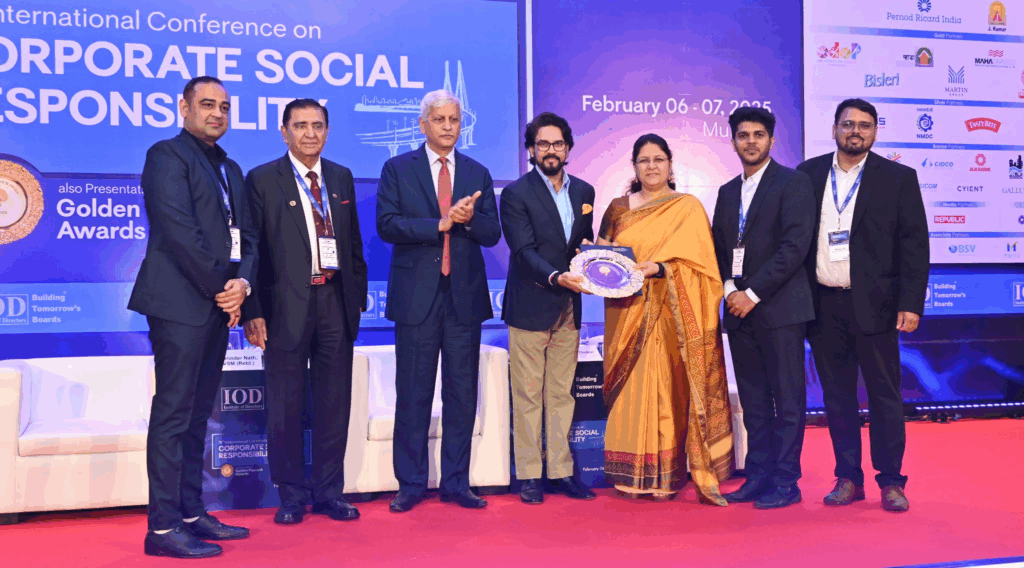
Reflections Policy, Challenges, and the Way Ahead
Baker is clear-eyed about the challenges: policy ambiguity, corporate compliance pressures, and the expectation for CSR to fill systemic development gaps. She advocates for policies that are both practical and uniformly understood, particularly to support smaller NGOs and grassroots agencies to scale and build capacity.
She also observes, “Implementing agencies today expect more support from the corporations beyond funding. They seek opportunities of building their capacity through better use of technology, innovation, skills, and expertise that will help enhance their work on-ground and be at par with any professionally managed entity.”
In environment, she is pragmatic, suggesting that while not every company’s CSR must focus on nature, all should be open to learning and awareness as a starting point.
The Logical Indian’s Perspective
Sakina Baker’s leadership is a consistent call to everyone in the sector corporates, NGOs, policymakers, and individuals to create platforms for genuine, lasting empowerment.
Her record demonstrates that CSR, when done with partnership, humility, and rigour, moves far beyond statutory requirements to become a canvas for national development.
The Logical Indian encourages introspection: How can private and public sectors cultivate CSR that harnesses local wisdom, sustains impact, and shares both power and responsibilities for the change we all want to see?
If you’d like us to cover your story or feature your initiative, please write to us at csr@5w1h.media.


